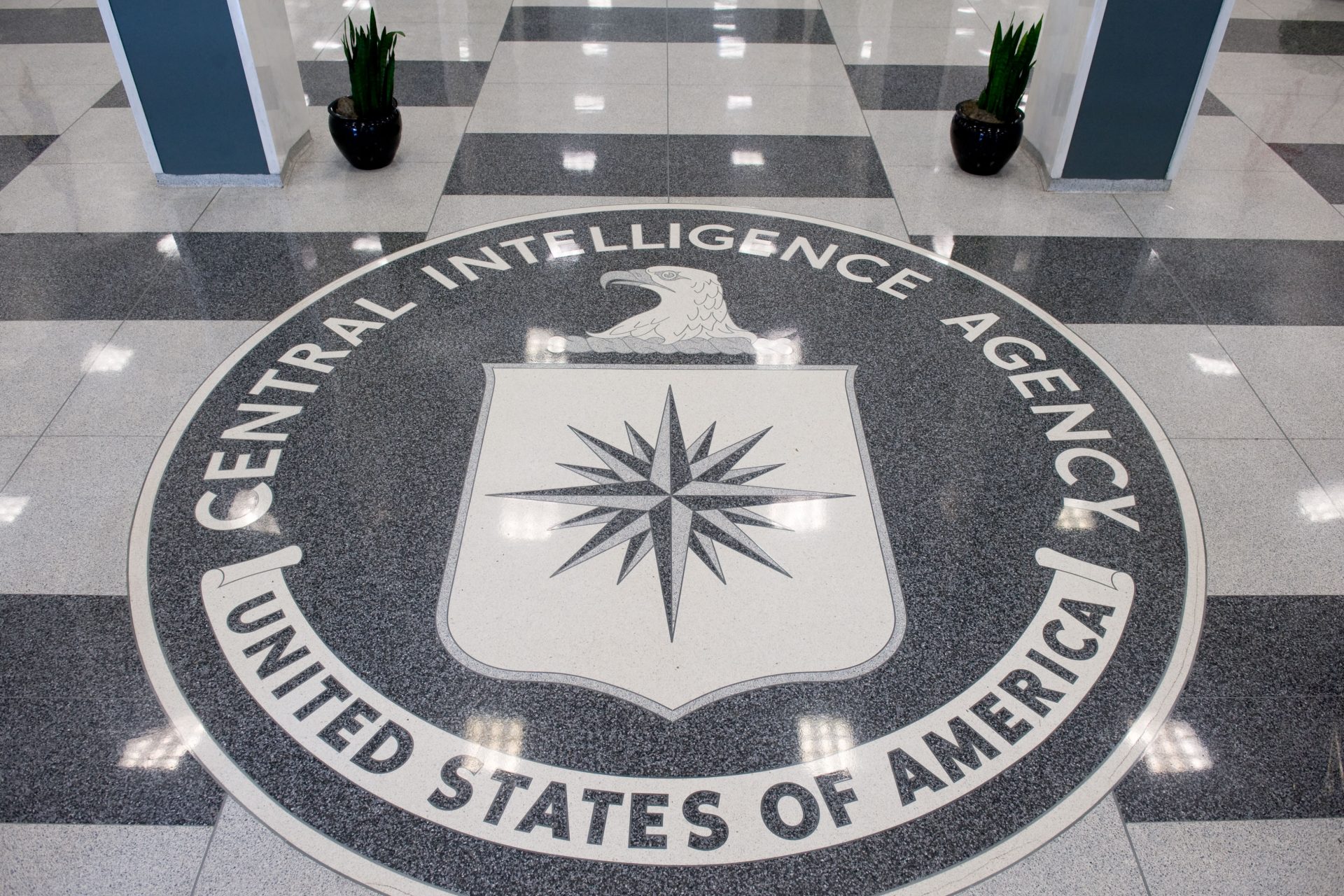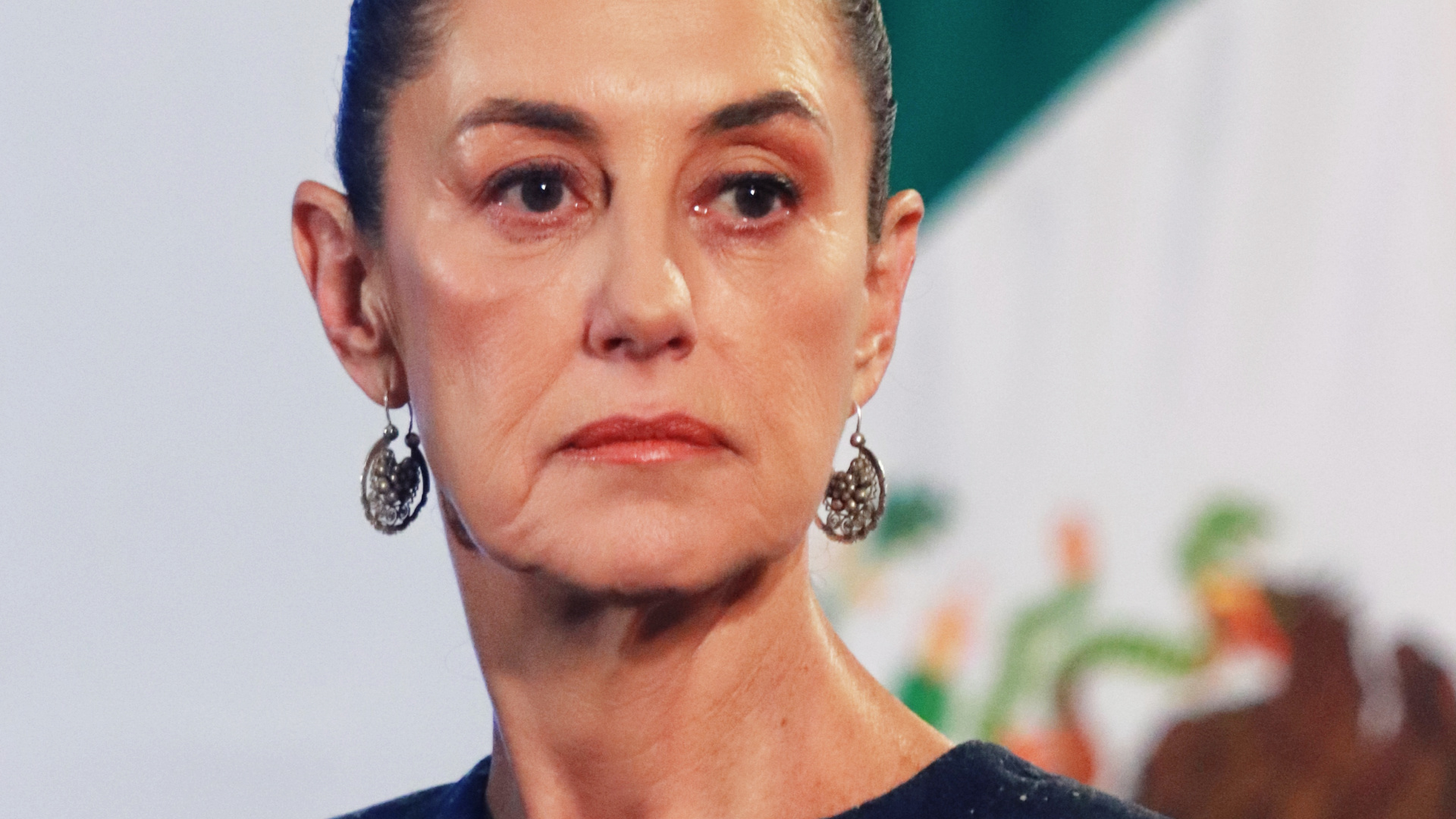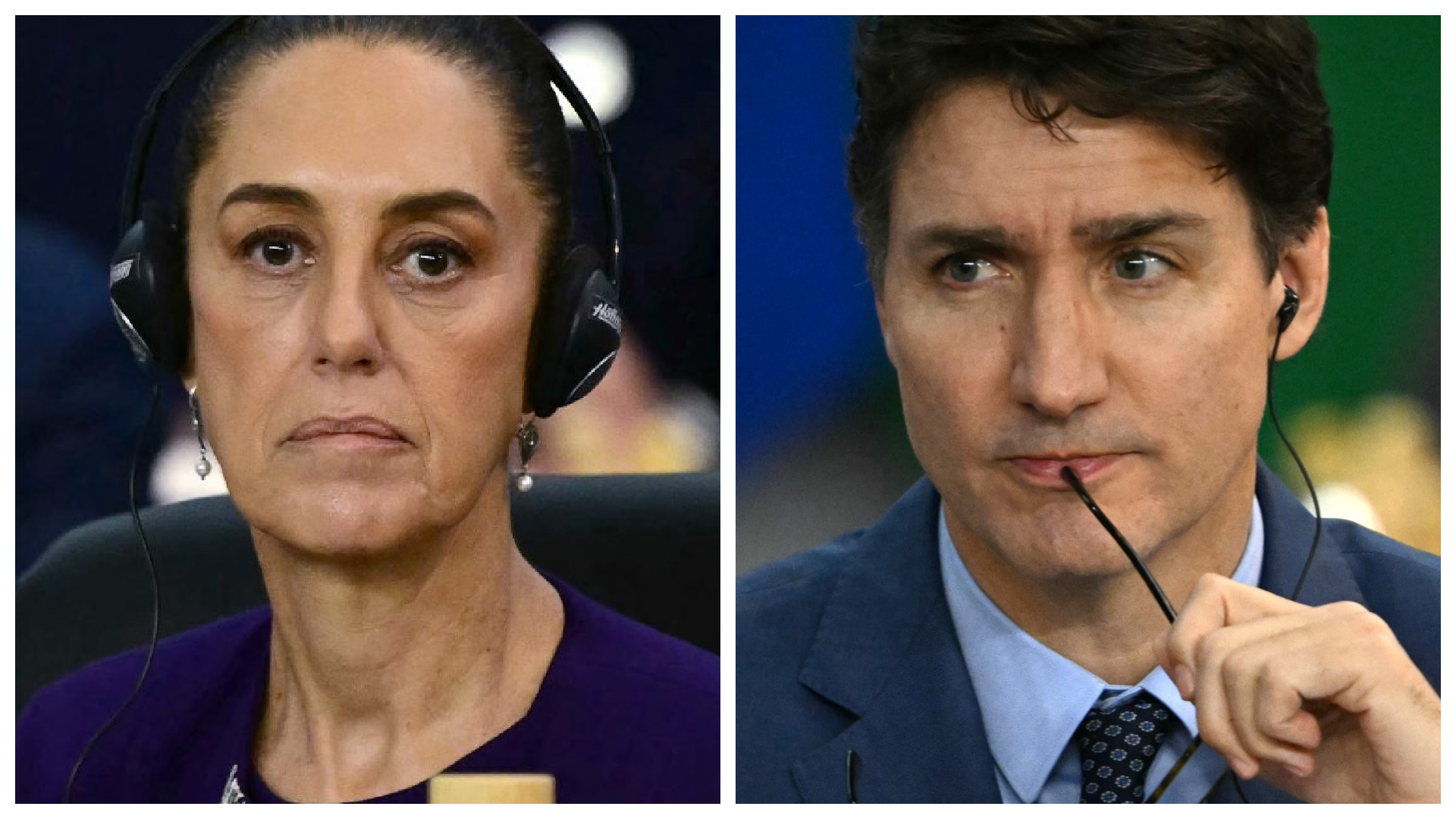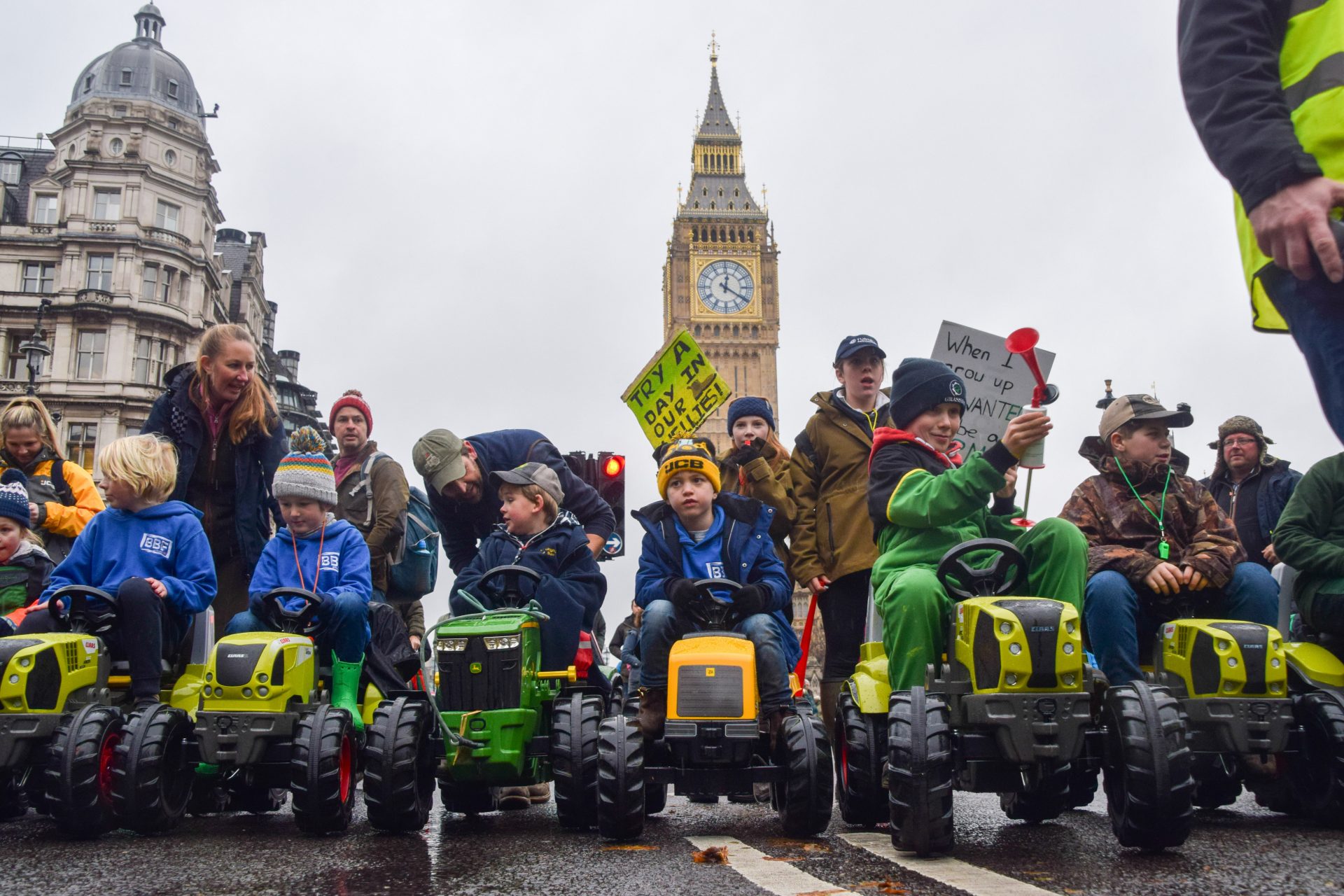Americans are losing coverage as states review Medicaid rolls
Hundreds of thousands of Americans have lost their Medicaid coverage since the end of the pandemic was announced. But many people removed from state rolls were taken off because of technicalities according to a new report from the Kaiser Family Foundation.
In January 2020, then-President Donald Trump and his administration made the difficult decision to declare a public health emergency in response to the growing coronavirus outbreak in the United States, which gave the federal government a lot of extra powers.
"Today President Trump took decisive action to minimize the risk of novel coronavirus in the United States," said U.S. Health and Human Services Secretary Alex Azar at a White House press conference according to an NPR report from January 31st, 2020.
However, it wasn’t until March 13th that Trump took the bold step of giving the federal government the power to waive Medicare and Medicaid requirements throughout the duration of the public health emergency declared in response to the Covid-19 outbreak.
“To unleash the full power of the federal government... I am officially declaring a national emergency,” Trump said during the announcement at the time according to CNBC. “The next eight weeks are critical.” But the national emergency brought big changes with it.
New York Times journalist Noah Weiland noted that from the beginning of the pandemic, states were barred from removing people from their Medicaid rolls. Americans were guaranteed continuous coverage during the pandemic and patient enrollments soared.
However, the policy that enabled continuous coverage expired at the end of March and it allowed states to open their Medicaid rolls once again and start removing people they deemed were eligible for the program, a situation that has led to chaos in some states.
Kaiser Family Foundation Health News explained the problem as its unfolding by pointing out that under normal circumstances, states would review their Medicaid enrollments on a regular basis to ensure patient information is up to date on anyone who qualified.
Unfortunately, because of the nationwide pause that took place during the coronavirus public health emergency, those regular reviews did not take place and now thousands of Americans are being purged from Medicaid rolls. But it's more complicated than that.
The Kaiser Family Foundation estimated that at least 600,000 Americans have lost their Medicaid coverage and most of those who have lost it did so due to technicalities rather than not meeting the income threshold that normally excludes someone from Medicaid.
“Four out of every five people dropped so far either never returned the paperwork or omitted required documents,” Kaiser Family Foundation Health News wrote based on recent analysis the group had done on data from 11 states purging their Medicaid rolls.
A good example of the problem given by the Kaiser Family Foundation came from Indiana, where it was found that 89% of the 53,000 people who lost their Medicaid coverage in the first month of purges did so for procedural reasons like not returning renewal forms.
"I've been worried about this for a year and a half," Joan Alker, Public Policy Researcher and Director of the Georgetown Center for Children, told NPR in a May 24th interview on the situation unfolding across the country—adding that it was worse than she feared.
Alker found that of the nearly 250,000 Floridians who lost their Medicaid coverage were purged from the rolls in the state for procedural reasons after reviewing data provided by state health officials to the federal government according to NPR’s reporting.
In February, the latest enrollment data from the federal government showed that more than 93 million people were covered by Medicaid or by the Children’s Health Insurance Program but that number is set to decrease significantly as states review their rolls.
KFF Health News estimated about 15 million people will be dropped from the programs over the next year as states finish reviewing eligibility, this will leave millions of people without coverage—some of which will be the most vulnerable in American society today.
More for you
Top Stories





























